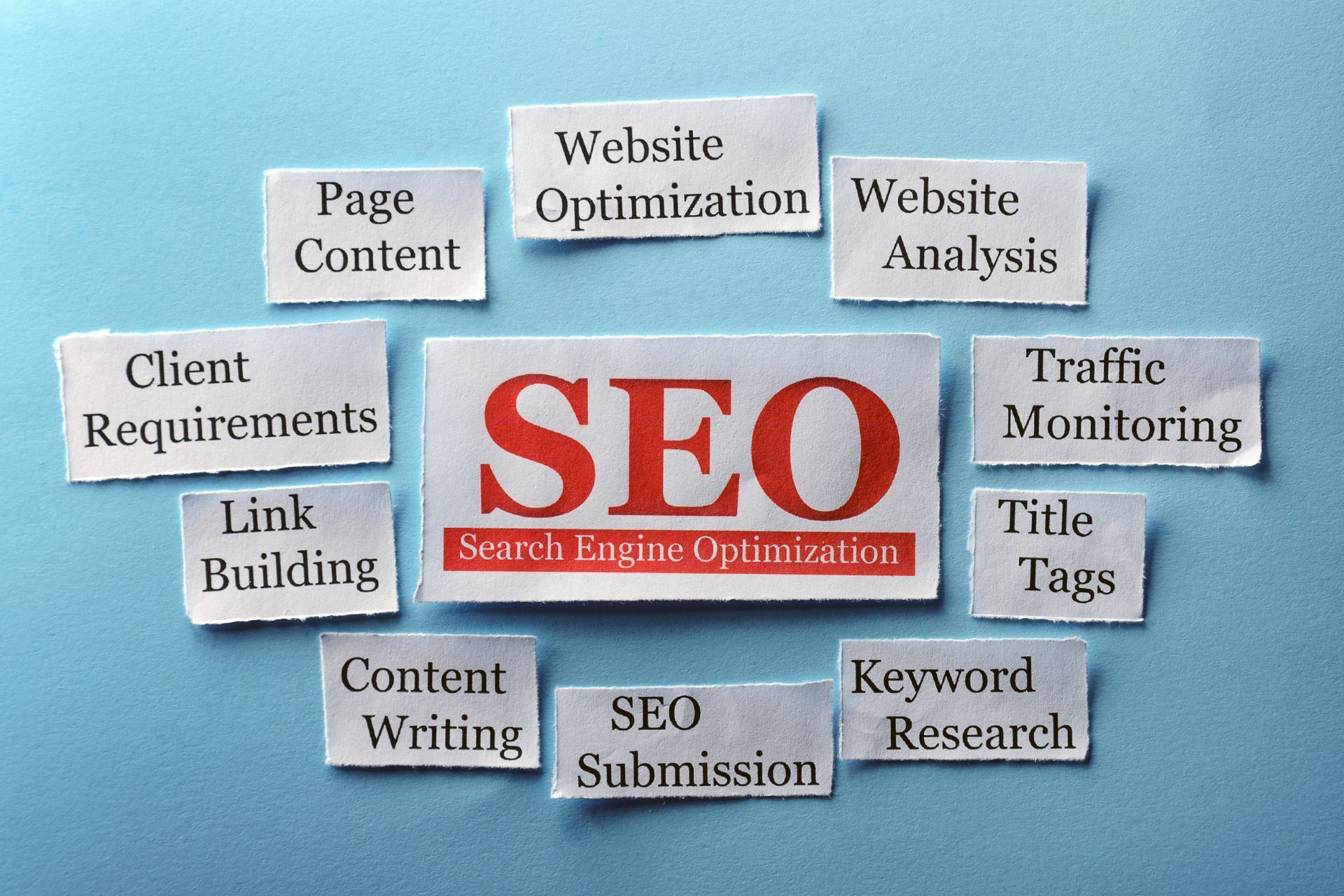Common SEO Myths Debunked

Search engine optimization (SEO) is a crucial aspect of any digital marketing strategy, but unfortunately, there are many myths and misconceptions surrounding it. These myths can lead to ineffective SEO strategies and wasted time and resources. Let's debunk some of the most common SEO myths and pave the way for a clearer understanding of what truly impacts your website's visibility.
Myth #1: Keywords Are the Only SEO Ranking Factor
Keywords are essential, but don't fall into the trap of believing they're the sole determinants of your SEO ranking. While keywords play a crucial role in search engine optimization, focusing solely on them can be counterproductive. Instead, consider the concept of keyword density and the use of long tail keywords to enhance your SEO strategy.
Keyword density refers to the percentage of times a particular keyword appears on a webpage compared to the total number of words. It's important to find the right balance – overusing keywords can be seen as spammy by search engines, while underusing them may not give your content enough relevance. Aim for a natural incorporation of keywords that provides value to your readers while signaling to search engines what your content is about.
Long tail keywords, on the other hand, are more specific phrases that target a niche audience. While they may have lower search volumes, they often result in higher conversion rates because they cater to users with clear intent. By including long tail keywords strategically in your content, you can attract more qualified traffic and improve your overall SEO performance. Remember, SEO success is about more than just keywords.
Myth #2: More Backlinks Guarantee Higher Rankings
Contrary to popular belief, simply acquiring more backlinks doesn't automatically guarantee higher rankings in search engine results. While backlinks are indeed an important factor in SEO, their quality holds far more weight than sheer quantity. Search engines like Google prioritize backlinks from authoritative and relevant websites over spammy or irrelevant ones. Therefore, focusing on building high-quality backlinks that are contextually relevant to your content is key.
Moreover, the impact of backlinks on rankings can also be subject to fluctuations. Just because a website has a large number of backlinks one day doesn't mean it will maintain or improve its ranking position indefinitely. Search algorithms are constantly evolving, and factors like the freshness of backlinks, changes in competitors' strategies, and updates to search engine algorithms can all contribute to ranking fluctuations. It's essential to monitor your backlink profile regularly and ensure that you're consistently earning high-quality backlinks to maintain and improve your search engine rankings.
Myth #3: SEO Is a One-Time Effort
To dispel the misconception that SEO is a one-time effort, it's crucial to understand that search engine optimization is an ongoing process that requires continuous attention and adaptation.
SEO isn't a quick fix but rather a long-term strategy for improving your website's visibility and ranking on search engine results pages.
Continuous optimization is essential to keep up with the ever-changing algorithms and trends that impact how search engines evaluate and rank websites.
Myth #4: Meta Keywords Tag is Important for SEO
Many businesses still believe that the meta keywords tag is an important factor in SEO. However, search engines like Google no longer consider the meta keywords tag when determining search rankings. Instead, focus on optimizing your meta title and description tags, as well as your on-page content, for relevant keywords.
Myth #5: SEO is Something You Can Set and Forget
Lastly, one of the biggest myths about SEO is that it's something you can set and forget. As mentioned earlier, SEO is an ongoing process that requires regular monitoring and adjustments. Search engine algorithms are constantly evolving, and your competitors are always trying to outrank you. Staying on top of the latest SEO trends and best practices is essential to maintaining and improving your search rankings.
Conclusion
In conclusion, don't fall for these common SEO myths.
It is important to separate fact from fiction when it comes to SEO. Many of the common myths surrounding SEO can lead people to make poor decisions that could harm their website's performance. By understanding the truth behind these myths, you can make informed decisions that will help improve your website's visibility and rankings in search engine results. Remember that SEO is constantly evolving, so it's essential to stay up-to-date on the latest trends and best practices to ensure your website's success.
Talk with an Expert today!






